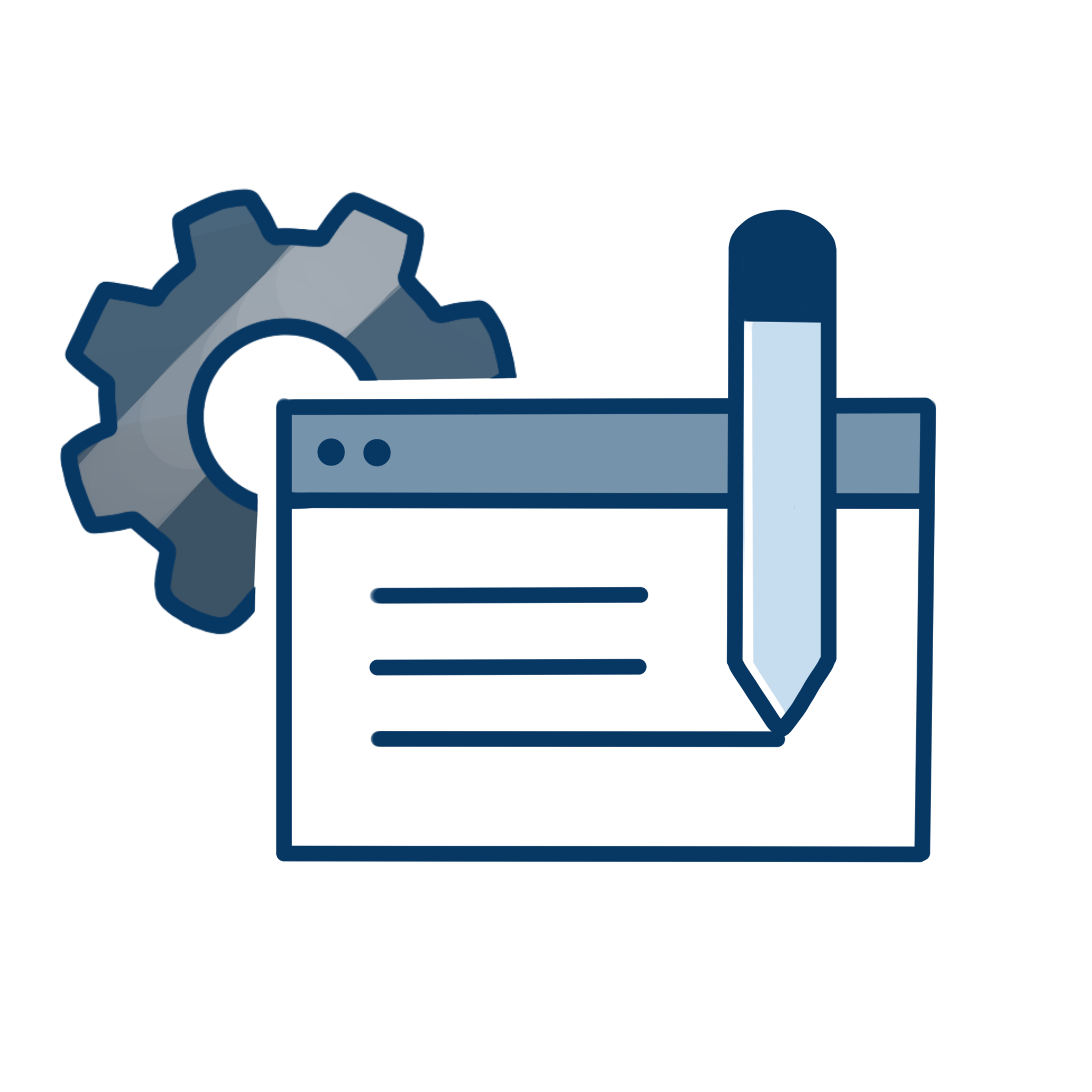How to Get Started Again in Manufacturing
Post COVID, targets are different and work has changed for almost everyone. This is nothing new and it seems that everyone is writing about it. But...

 Researching and buying software is a horrible job.
Researching and buying software is a horrible job.
When you buy a commodity, many rely on the “seeing-is-believing” methodology. Until you can hold a product in your hand, feel and use it, see it in action, the buyer will be reluctant to let go of their money.
Have you ever tried to hold software in your hand? Can you imagine “trying-out” an MES without training or an implementation? Software is already one of the most challenging things to sell, and MES even more challenging.
You can demonstrate software, but rarely will an MES do exactly what the customer wants or needs. Remember our last blog on manufacturers crafting requirement lists with 250 items or more? No product will exactly match all 250 the way a customer wants (unless they pay for high-priced customization and additional complexity.)
We recognize an MES is not easy to buy, but there are actions suppliers can take to benefit the customer.
Not all commodities rely on “seeing-is-believing.” Tesla has turned the car industry on its head by not following conventional wisdom.
There’s a Tesla dealer near my house where I can look at a single turquoise blue S model sitting in a showroom. I can sit in the car. I can see it and touch it, but I can’t turn it on. I imagine the road underneath my feet as the ever-so-smooth sales guy talks me through its performance, offering an impression, but still not the experience itself...
Despite Tesla’s reluctance to just give the customer what they think they want – the showroom’s always full. People are buying these cars without driving them, paying $30, $40, even $70,000 dollars without demanding the “just-because-I’m-here,” discount.
Tesla broke the mold. Where other electric car makers went after the young, hip, eco-conscious millennials and cost-conscious seniors, Musk went directly for the luxury car market. He identified a better way of selling his product.
So what’s that have to do with MES and software sales?
It’s simple. People expect software to be incredibly complex. Companies think they’ll have to change their processes and labor through a long “learning” period. They expect the project to be a major investment in time, money, resources and effort.
Software suppliers are counting on this. They offer products with significant “service” charges attached to them, and a whole team (you are paying for) to help you through the process so they can capitalize the expectations.
attached to them, and a whole team (you are paying for) to help you through the process so they can capitalize the expectations.
The software sales guy is not helping, either. They only make a commission when you buy it. There’s incentive for him or her to tell you what you want to hear. The supplier eagerly agrees to every one of the requirements, seeing the project and price grow like a hungry, bloated monster.
Going back to the “seeing-is-believing” conundrum in software sales, you need to trust the sales person to answer every question and help you navigate the purchase process. The sales person is only making money if you spend it, so they keep telling you what you want to hear.
Sound miserable? It is.
Most companies are happy to sell manufacturing software this way, but there arebetter options.
For example, our business model is focused on software products, and not software services. Our goal is to make money when you use our product, and not when you ask us to fix the product because it’s not working the way you want it to.
We take a consultative approach to sales. We make sure there is a technical resource or application engineer to answer questions honestly, and not just a sales rep. We know our solution may not be right for everyone, and we’ll tell a prospect to look elsewhere if we can’t adequately help them.
We also offer a guarantee. We’ve talked about our guarantees before, but I’m not just selling us here. I’m selling anyone in this industry that’s willing to provide you a written guarantee as part of the project – they will meet your written requirements for the amount of money in the proposal. If they’re able to do that, I’d trust them.
Finally, with CIMx you have personalized demos. Our goal is to show (as close as possible) what the experience will be like on the shop floor. We put your material into the system and mirror your shop floor processes, offering you as close to a “see” as possible.
As for that Tesla, I haven’t gotten to the point where I’m willing to buy one yet, but I still admire the approach Tesla is taking to re-invent the car-buying process, even if I can’t feel the hum of the engine and purr of the road beneath my wheels.

Post COVID, targets are different and work has changed for almost everyone. This is nothing new and it seems that everyone is writing about it. But...

In a year defined by uncertainty, preparation, and progress, manufacturers were searching for clarity. The most-read CIMx blogs of 2025 reflected...

Paperless Manufacturing Systems can Quickly and Easily Deliver Even More Benefits Than You May Think By David Oeters, Corporate Communications with...